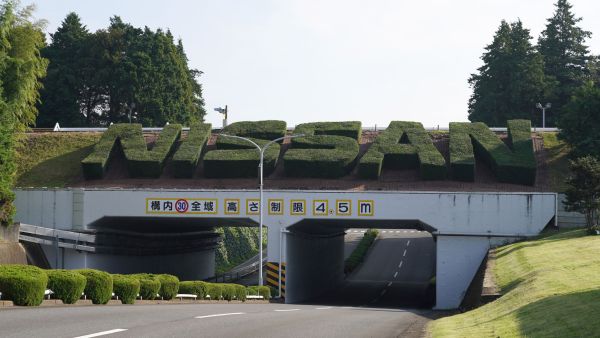Nissan to use Kobe Steel's low-CO2 steel and green aluminum for Nissan models

Nissan Motor Co., Ltd. (Nissan) and Kobe Steel, Ltd. (Kobe Steel) announced that Nissan plans to use Kobenable Steel*1 for Nissan models from January 2023 onward. Kobenable steel, commercialized by Kobe Steel, significantly reduces CO2 emissions in the blast furnace process. Kobe Steel will also supply Nissan with aluminum sheets made from green-aluminum raw materials. This will be the first time Kobenable Steel will be used in mass- produced vehicles.
Nissan aims to achieve carbon neutrality throughout the entire product life cycle*2 by 2050. Since approximately 60% of a vehicle's weight is made up of steel parts and around 10% of its weight is made up of aluminum parts, the use of green steel and green aluminum is a very effective way to reduce CO2 emissions during parts manufacturing, which is part of the vehicle's life cycle.
Therefore, the companies’ decision to use the steel and aluminum for Nissan vehicles is due not only to the significant CO2 emission reductions but also because the same level of high quality as conventional products can be achieved.
Nissan models will use Kobenable Premier, which reduces 100% of CO2 emissions during manufacturing through the mass-balance method*3. The specific amount of steel to be used by Nissan will be determined through further discussions.
The green aluminum raw materials purchased by Kobe Steel to produce aluminum sheets for Nissan are electrolytically smelted using only electricity generated by solar power, thereby reducing CO2 emissions during aluminum ingot production by approximately 50%*4. Recycled aluminum materials generated at Nissan's manufacturing sites will also be used to further reduce CO2 emissions during production.
Both companies will continue their efforts to reduce CO2 emissions with the aim of realizing a carbon- neutral society in the future.
*1 The reduction of CO2 emissions was demonstrated by charging into the blast furnace at Kobe Steel’s production site Kakogawa Works a large amount of HBI produced by the MIDREX® Process, a distinctive technology of the Kobe Steel Group. Press release link here.
*2 Includes raw material extraction, manufacturing, use, and the recycling or reuse of end-of-life vehicles.
*3 A method to allocate specific characteristics to a certain portion of products according to the input amount of raw materials with the characteristics when there is a mix of raw materials with and with no such characteristics (e.g., low CO2) in the manufacturing process. Through the mass balance methodology, CO2 reduction effects are allocated to specific products.
*4 Compared to the previous product of a material supplier.
Background Information
Nissan Middle East
Nissan’s heritage in the Middle East goes way back to 1957, when the first Nissan vehicle was sold in Saudi Arabia. Since then the Nissan Legacy has taken deep roots in the hearts of the Middle East people by becoming an integral part of their lives.
Currently Nissan is one of the most popular and successful automobile brands in the Middle East boasting of a strong line-up ranging from popular passenger cars to powerful 4x4 series and commercial vehicles.
In its quest to closely understand the local needs of its customers, Nissan Motor Co. Ltd. in June, 1994 set up a regional Middle East head quarters in Dubai, thus becoming the first Japanese car manufacturer to accomplish this feat. The Nissan Middle East FZE office houses a highly sophisticated training center which serves as an excellent training ground for undertaking Nissan customer care and service activities.






